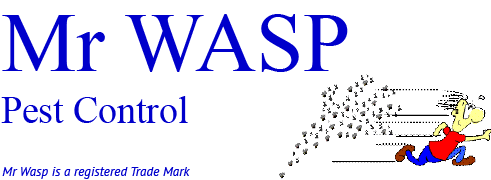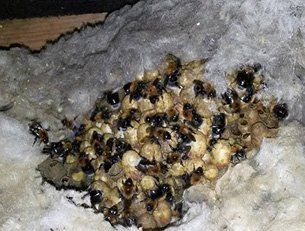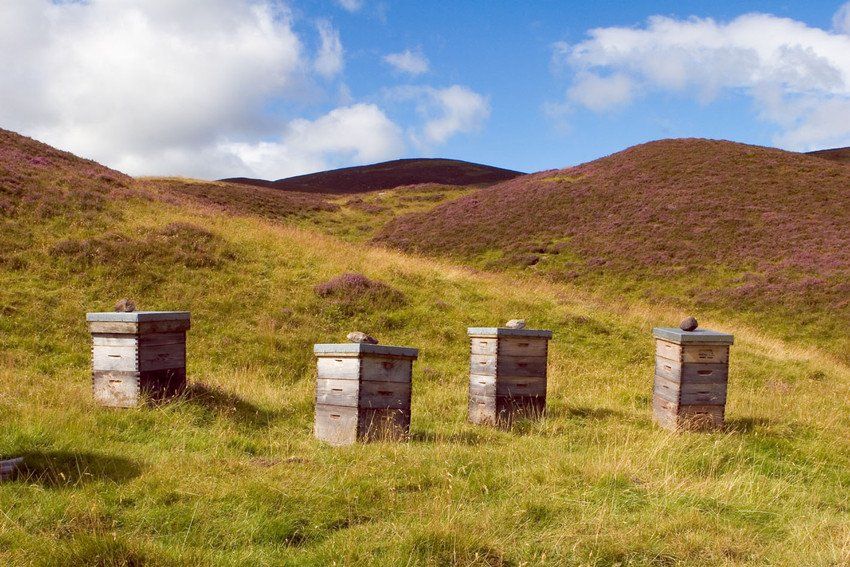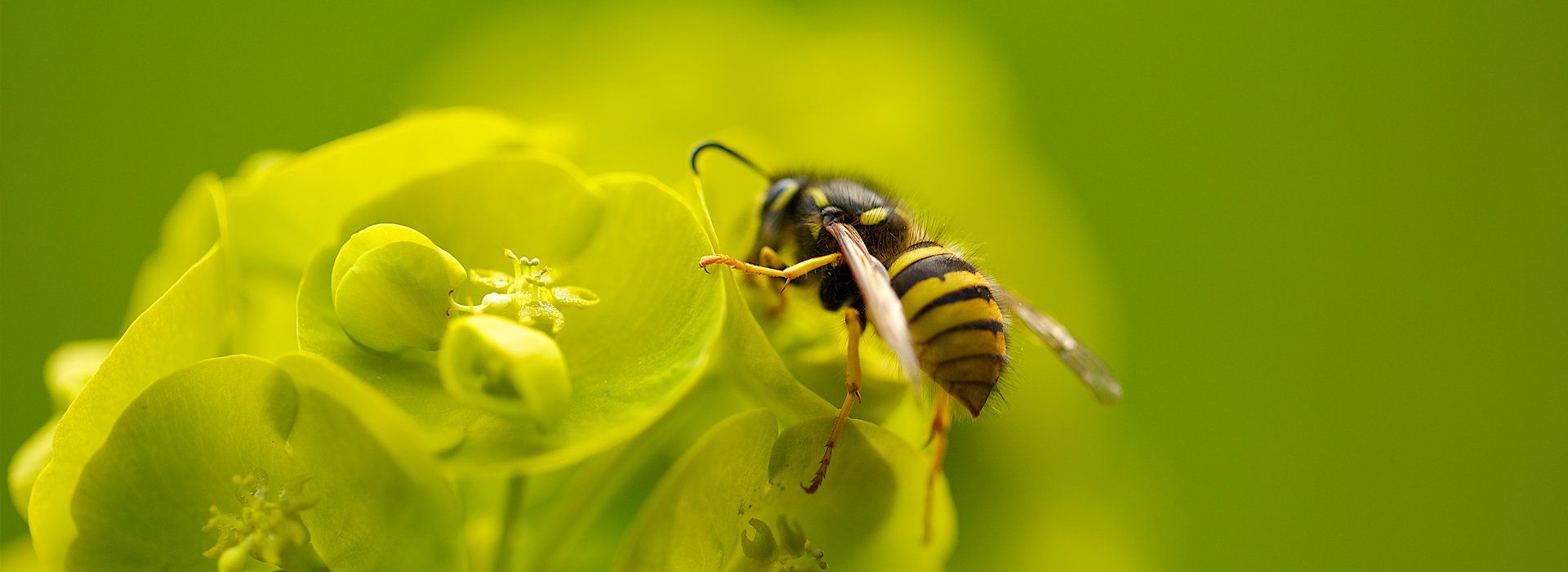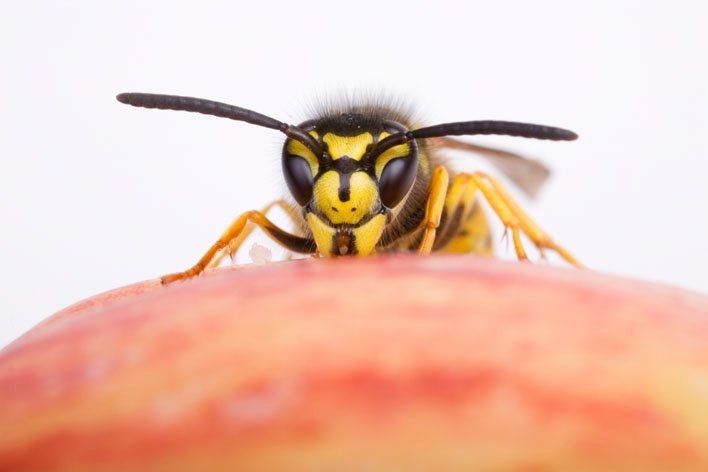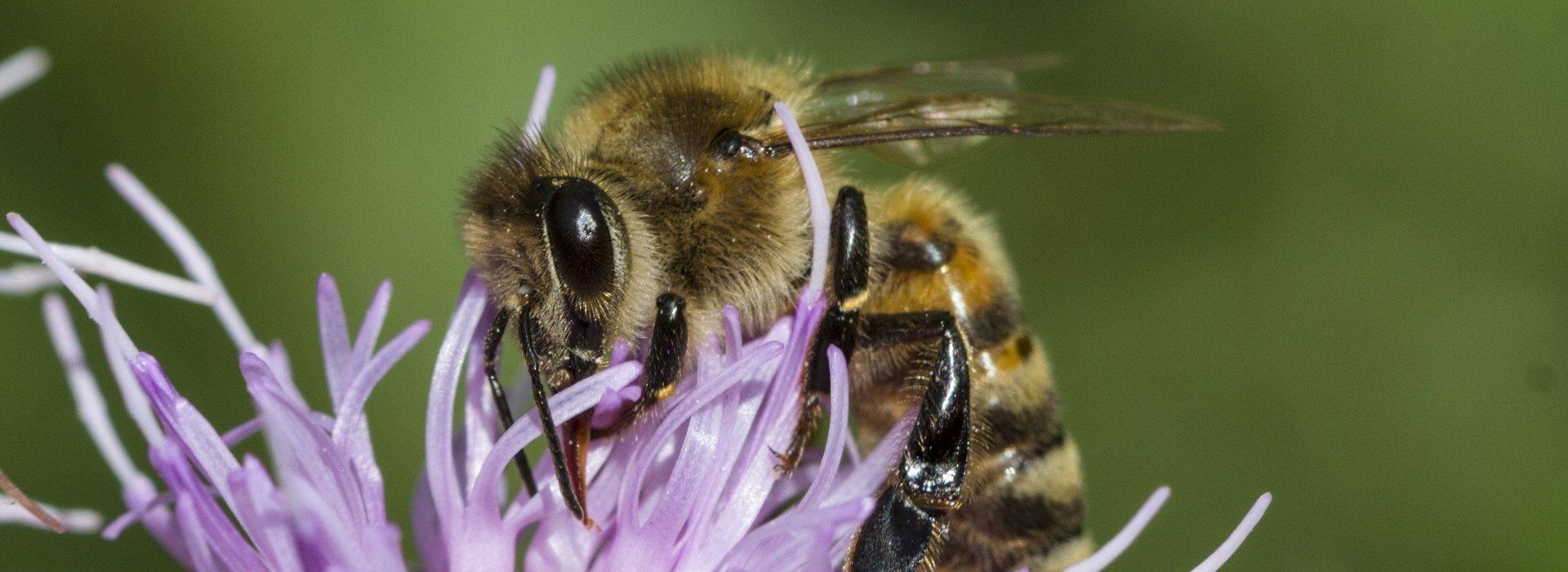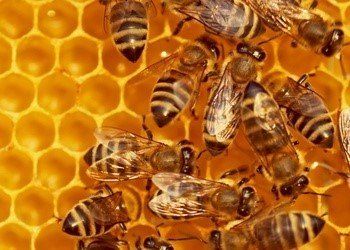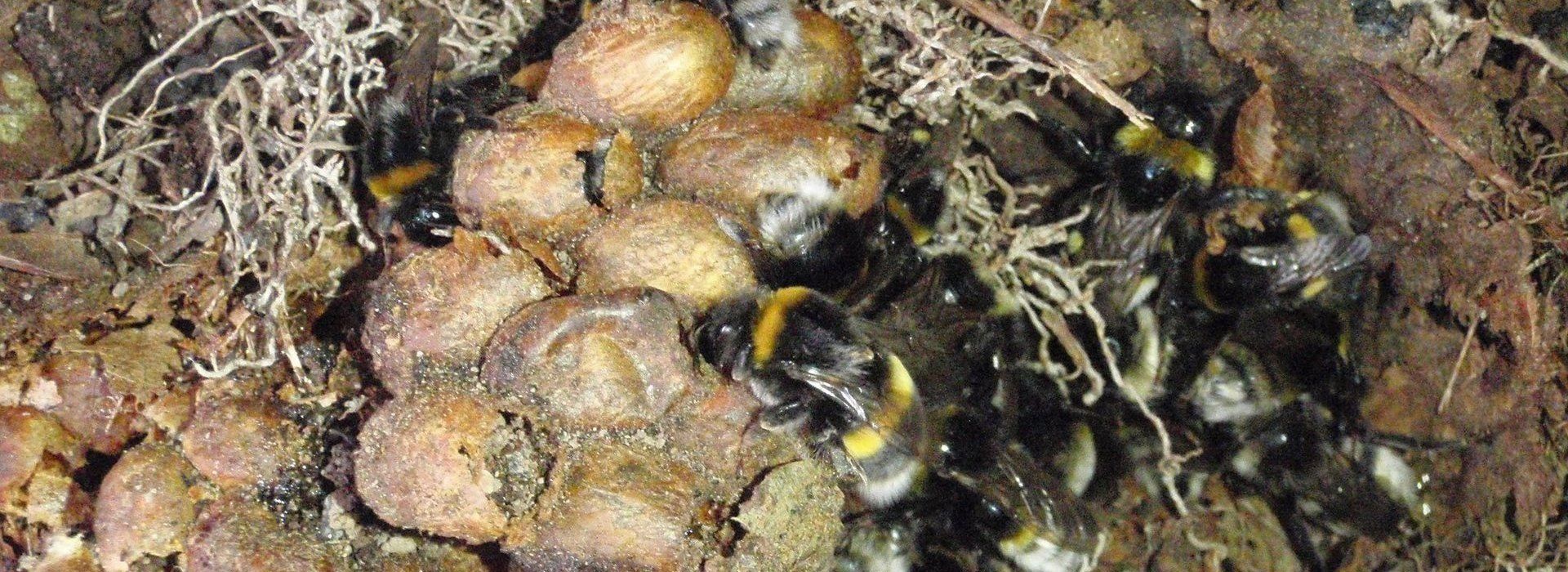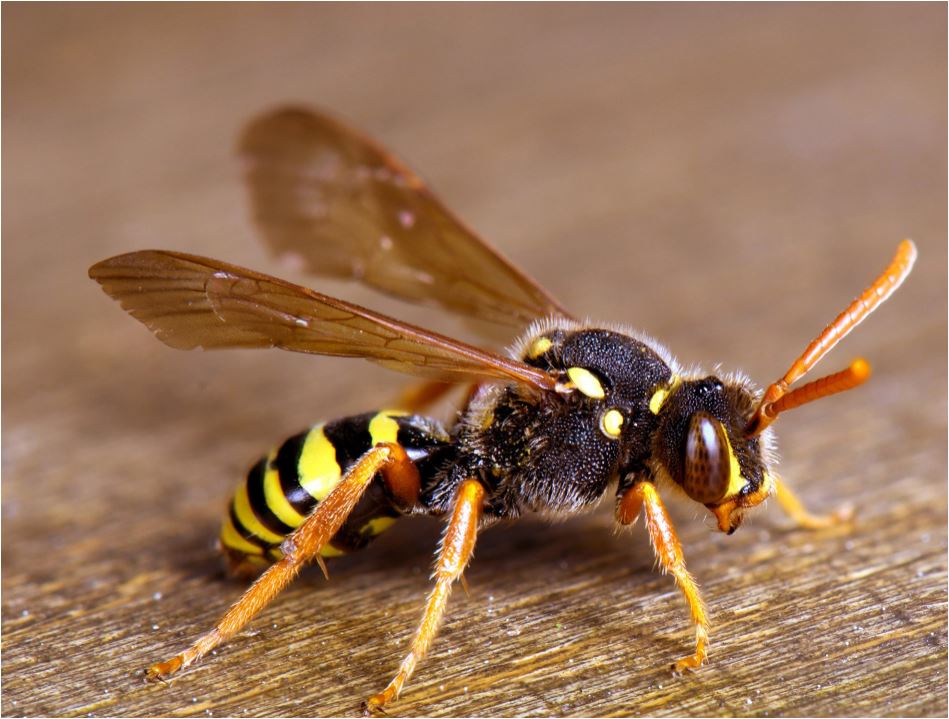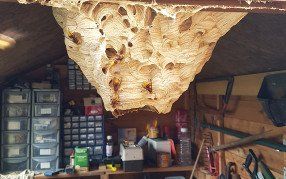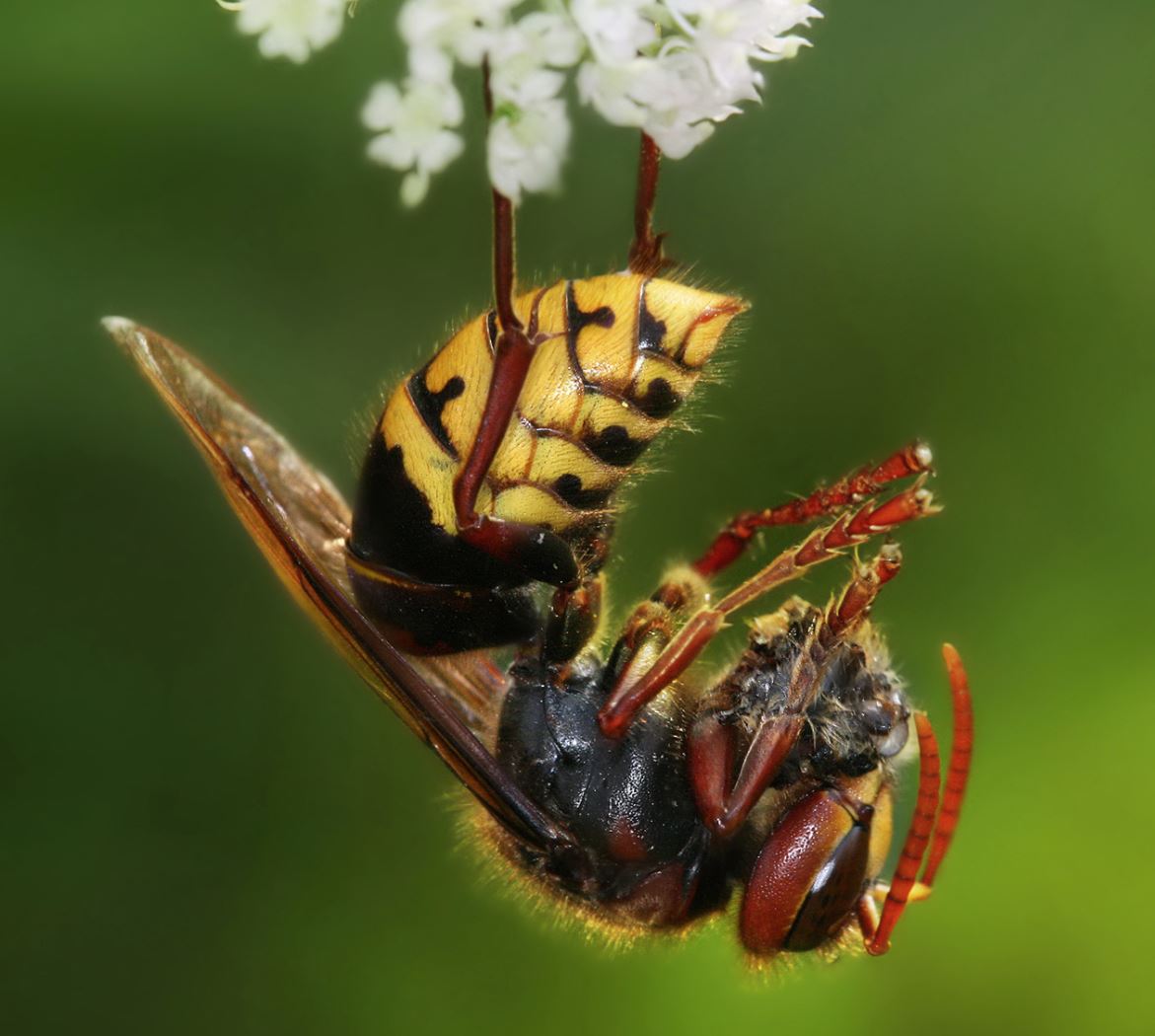Nature’s Champions: Why Bees are so Vital to the Environment
It doesn’t seem too controversial to say that bees are pretty great. Their soft buzzing is a calming staple throughout the Welsh countryside during the warmer months and there has always been a soft spot in our hearts for our striped friends. Although they may set up shop in places we might not like them to, bees remain vital to the ecosystem that we are still very much a part of. However, with the scourge of Colony Collapse Disorder decimating bee numbers around the world, it’s now more important than ever for us to help our bees flourish.
Perfect pollinators
Many animals
help in the process of the huge task of cross pollination, from birds, bats and
lizards, to other insects such as the bees angrier cousin, the wasp. However,
none are as perfectly suited as the bee for the job of pollinating the millions
of plants needed for a stable ecosystem. Unlike other pollinators who only
collect enough pollen for themselves, bees store large amounts for their nests
and in turn visit many more flowers in the process. Equipped with specially
adapted hairs called ‘scopae’ that aid greatly in their pollen collection and
with 250 bee species in the UK adapted to a wide variety of plants, they are
Mother Nature’s pollinating machines. Without their huge contribution to the
cross-pollination process, many of the crops we rely so heavily on for food
would inevitably die out.
Sacrificing for the cause
Alongside plants relying on bees for survival, a number of animals need them as an important food source. Many animals including various birds and badgers enjoy a sweet honey treat as much as we do and acts as an energy rich staple in their diet. The bees themselves are of course part of the food chain too, with many predators relying on them as a valuable food source. In being an integral part of the food chain, the bee helps to make a positive impact on biodiversity in the surrounding environment.
Natural home builders
At Mr Wasp, we understand the importance of saving these amazing creatures from further harm and protecting them is ingrained into our company ethos. When working to remove a beehive, we endeavour to be as delicate as possible so as to not disturb the nest, relocate it to a more appropriate environment and leave you satisfied that these insects are able to safely resume their important work. Our specialist team are here to deal with a variety of different infestation problems so if you’re struggling with critters invading your home, please do get in touch
